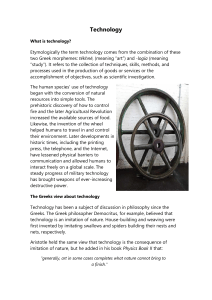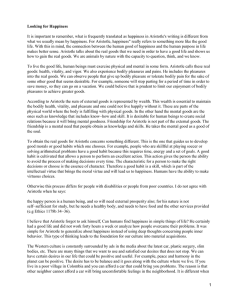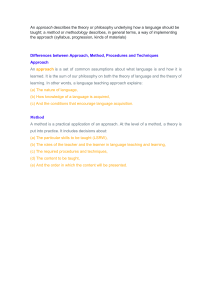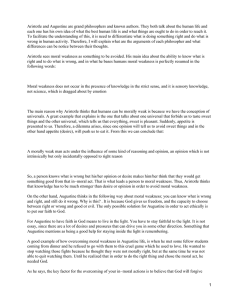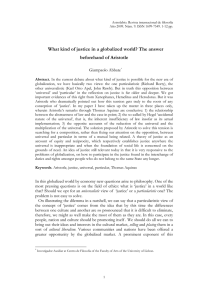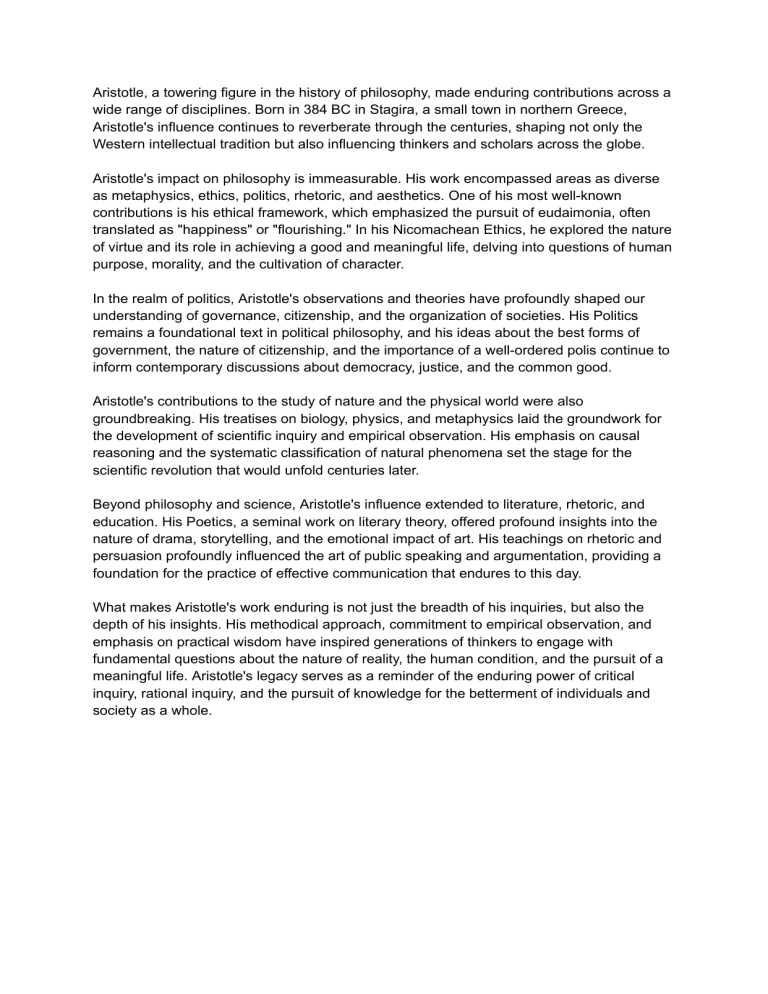
Aristotle, a towering figure in the history of philosophy, made enduring contributions across a wide range of disciplines. Born in 384 BC in Stagira, a small town in northern Greece, Aristotle's influence continues to reverberate through the centuries, shaping not only the Western intellectual tradition but also influencing thinkers and scholars across the globe. Aristotle's impact on philosophy is immeasurable. His work encompassed areas as diverse as metaphysics, ethics, politics, rhetoric, and aesthetics. One of his most well-known contributions is his ethical framework, which emphasized the pursuit of eudaimonia, often translated as "happiness" or "flourishing." In his Nicomachean Ethics, he explored the nature of virtue and its role in achieving a good and meaningful life, delving into questions of human purpose, morality, and the cultivation of character. In the realm of politics, Aristotle's observations and theories have profoundly shaped our understanding of governance, citizenship, and the organization of societies. His Politics remains a foundational text in political philosophy, and his ideas about the best forms of government, the nature of citizenship, and the importance of a well-ordered polis continue to inform contemporary discussions about democracy, justice, and the common good. Aristotle's contributions to the study of nature and the physical world were also groundbreaking. His treatises on biology, physics, and metaphysics laid the groundwork for the development of scientific inquiry and empirical observation. His emphasis on causal reasoning and the systematic classification of natural phenomena set the stage for the scientific revolution that would unfold centuries later. Beyond philosophy and science, Aristotle's influence extended to literature, rhetoric, and education. His Poetics, a seminal work on literary theory, offered profound insights into the nature of drama, storytelling, and the emotional impact of art. His teachings on rhetoric and persuasion profoundly influenced the art of public speaking and argumentation, providing a foundation for the practice of effective communication that endures to this day. What makes Aristotle's work enduring is not just the breadth of his inquiries, but also the depth of his insights. His methodical approach, commitment to empirical observation, and emphasis on practical wisdom have inspired generations of thinkers to engage with fundamental questions about the nature of reality, the human condition, and the pursuit of a meaningful life. Aristotle's legacy serves as a reminder of the enduring power of critical inquiry, rational inquiry, and the pursuit of knowledge for the betterment of individuals and society as a whole.
